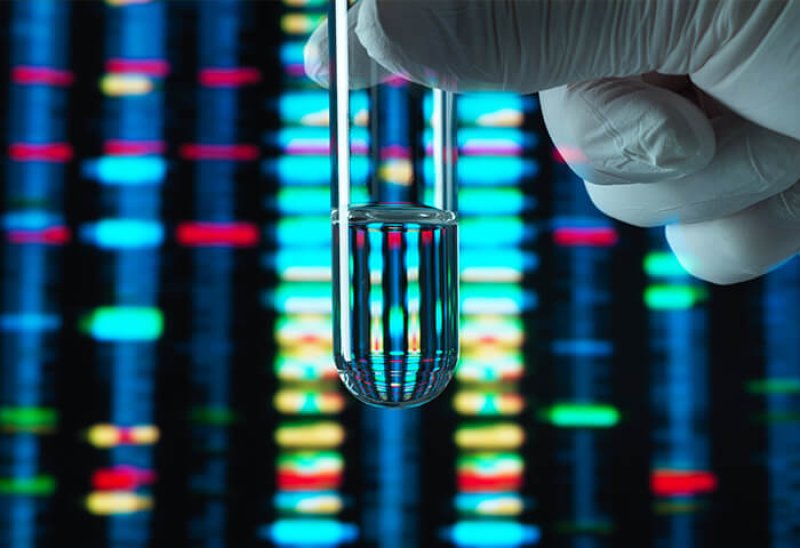Last month, Monash University launched DNA Screen, offering 10,000 people aged 18 to 40 “secure, free DNA testing to identify risk of cancer and heart disease that can be prevented or treated early”.
The study is a chance to gauge the public appetite for preventive genetic testing (as opposed to the current status quo of clinical criteria-based testing) and “could help Australia become the first country to offer preventive DNA screening through a public healthcare system”.
The appetite from people in this age bracket was overwhelming. The DNA Screen team initially aimed to contact young people across social media to spread the word. Instead, without social media promotion, the website reached their target of registering 10,000 people to do the at-home saliva tests … in 24 hours.
“Bringing genetic screening into public health has huge promise if we use it wisely,” says Prof Ainsley Newson, professor of bioethics at the University of Sydney. But there are questions to consider. “For health problems where there isn’t a good way to find and diagnose people, can genetics help? If a gene test exists, is it reliable in diverse populations? Does it only detect what we want to know, and nothing else? Is the health system ready to support those who are identified as at higher risk? Is there something people can do with the information it generates, and is there evidence that they will take that action?”































